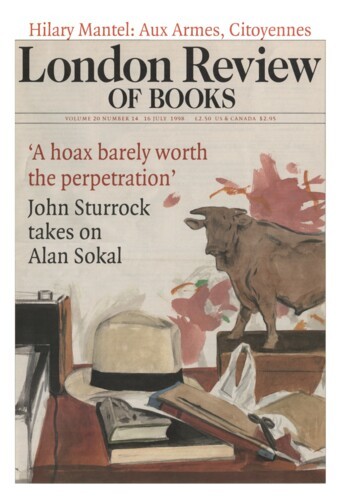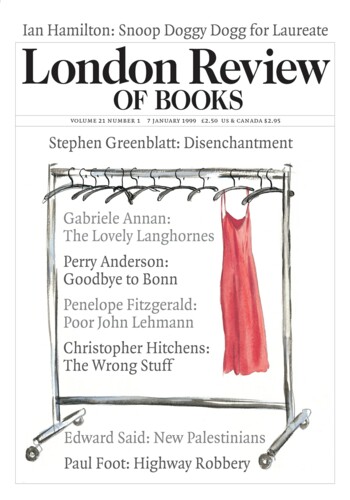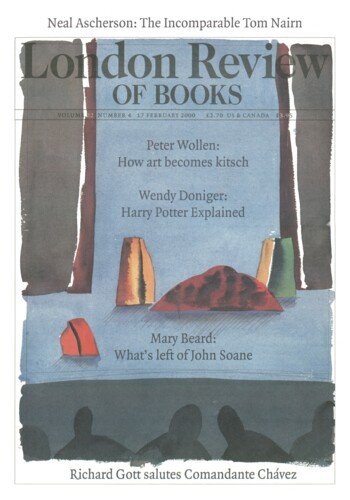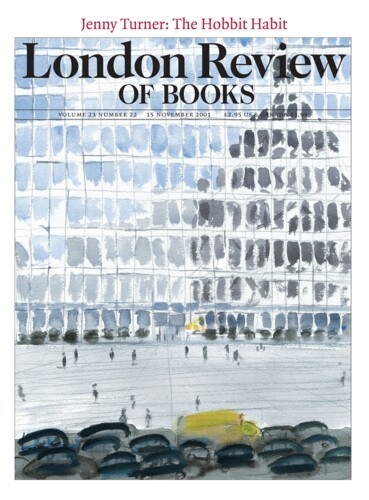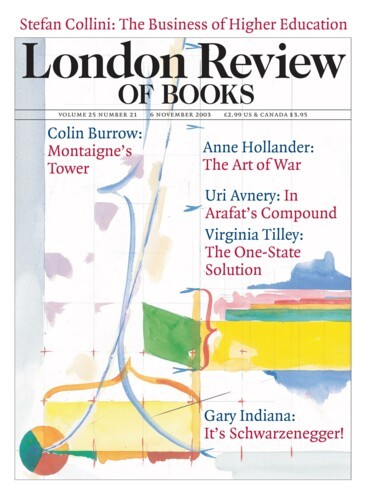Gobsmacked: Shakespeare
Michael Dobson, 16 July 1998
‘Soul of the age!’ exclaimed Ben Jonson in the prefatory pages of the First Folio (1616), ‘The applause, delight, the wonder of our stage!’ His climactic description was elaborated in the Second Folio (1632) by the young John Milton: ‘Thou, in our wonder and astonishment/Hast built thyself a lasting monument.’ Historically, Shakespeare criticism begins with wonder, and that it should have returned there in these millennial times ought not to surprise us. This batch of studies finds, in the USA, Peter Plan and T.G. Bishop combing the plays for miracles and James Biester finding the key to Renaissance courtly poetry in its strategies for eliciting astonishment. Back home, Jonathan Bate is gobsmacked by the sheer Genius of Shakespeare. It’s perhaps as well to remember that in cooler moments Jonson complained that ‘Shakespeare wanted Art’ and Milton berated Charles I for preferring the Bard to more serious reading.‘
